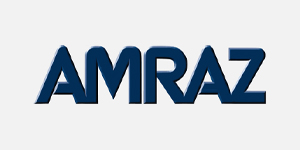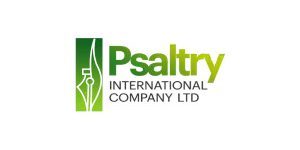In the realm of African political discourse, the recent turmoil and coups in the Sahel region have sparked debates. However, for those with a deeper understanding, this marks a unique turning point. Why? It’s the overwhelming support from the people.

Therefore when the dust settles, it will be these people who will take their nation into their own hands seeking the independence – financial and otherwise that they feel they deserve.
The cries coming out of the likes of Niger, Mali, Burkina Faso, and Guinea Bissau are not of despair but of hope.
Trade is the lifeblood of any economy
A country that is considered as living, is a country that trades.
Throughout history, African kingdoms have been active participants in global commerce, as documented extensively in various historical accounts. Even under neocolonial trade systems, the spirit of entrepreneurship has endured. As these nations rebuild, their rich potential becomes evident. This potential is further explored at https://sharelovvintl.org/why-you-should-do-business-in-africa/
As the nations struggle to rebuild their systems here are a few things to consider about the potential within the region;
1. The Sahel region holds one of the largest deposits of Uranium and Hydrogen energy but until infrastructure is laid down for its utilization, renewable energy sources like solar panels could power the majority of the Nations. The Sahel region has more solar production potential than any other region in the world.
2. The Sahel region is one of the least connected regions in the world- connectivity is key in today’s world, most of the activities are now online, from banking to transportation, an economy without this basic infrastructure cannot hope to expand its activities.
3. The Sahel region will become self-sufficient in food security, and the current instability will force the governments- interim and consecutive to no longer rely on aid to feed its people, this in turn will create huge potential in food production and processing.
4. Manufacturing will grow in the region, albeit at a slow pace.
5. The region has a very young population- Education and training are key to both the female and male population, with more than 60% under the age of 20 years.
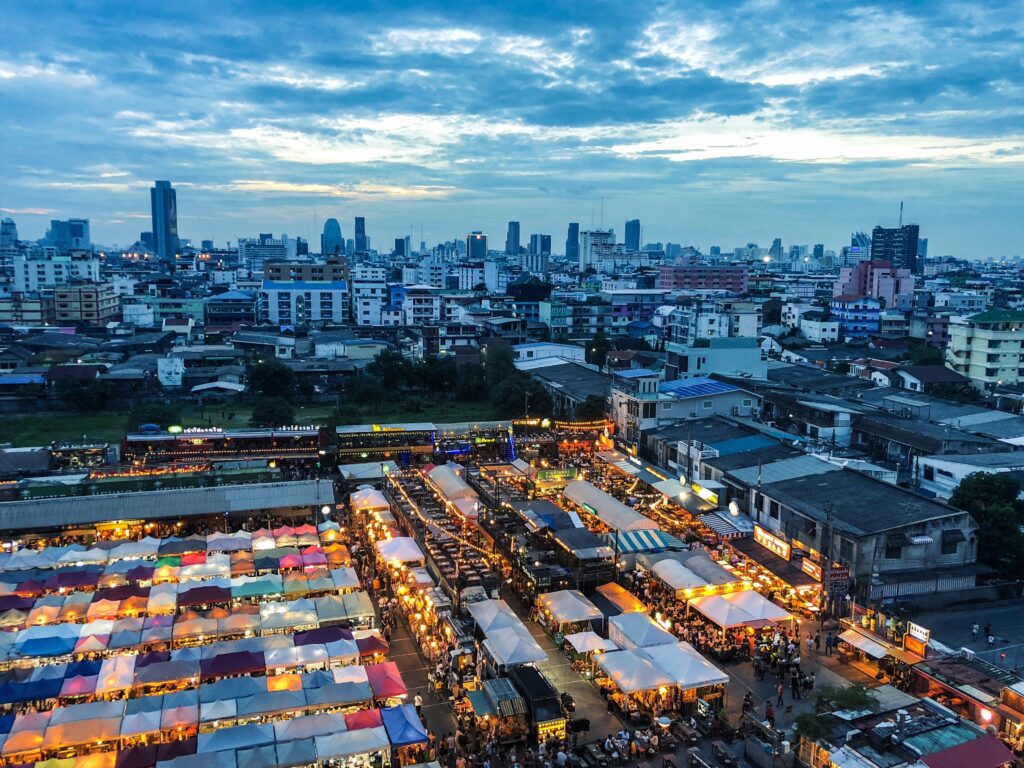
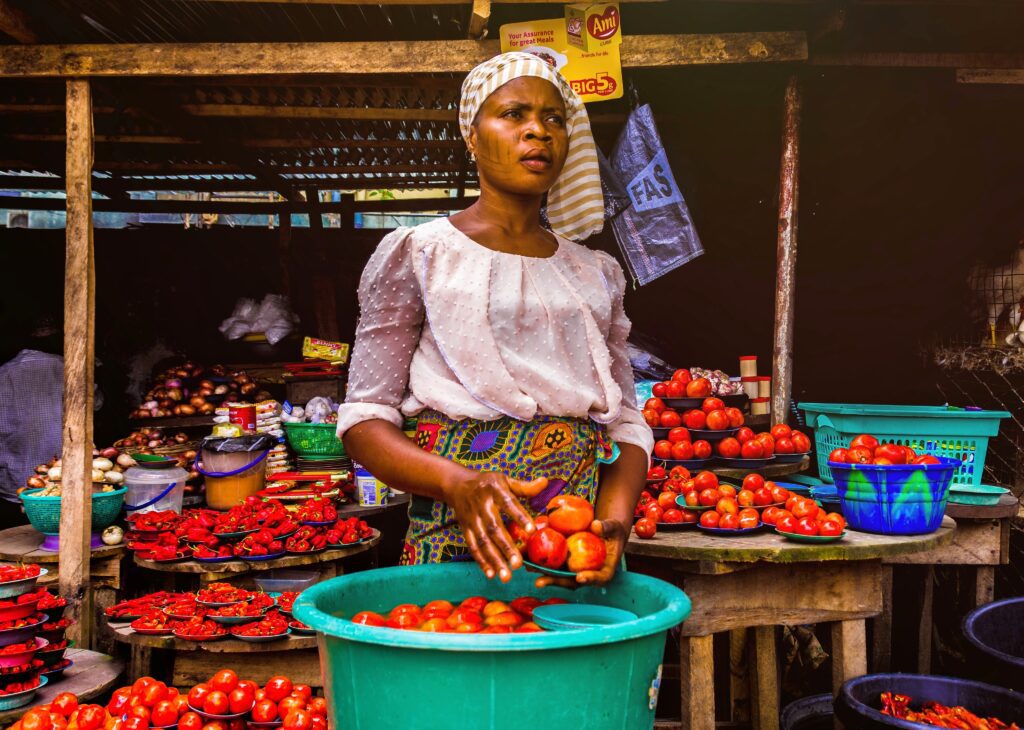

Locked by Land
One of the other main challenges this region will face is its landlocked nature. Indeed the nations in this region will have to promote fair trade with its neighbors to access their ports and take advantage of their shipping services.
The Sahel region faces significant challenges, but its potential is undeniable. The Sahel can chart a course towards a brighter future by investing in infrastructure, promoting trade, and empowering its young population. International consulting firms and NGOs can play a vital role in supporting this journey.
ShareLovv International is following the situation on the ground closely and remains hopeful and vigilant in the movement towards the points highlighted above.
